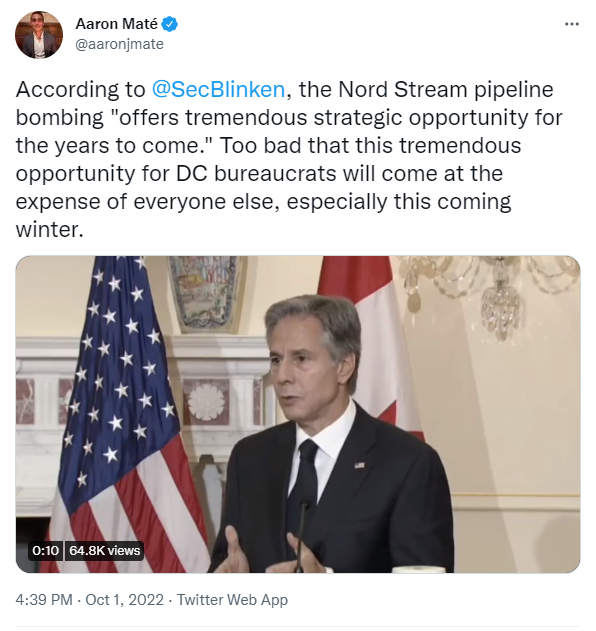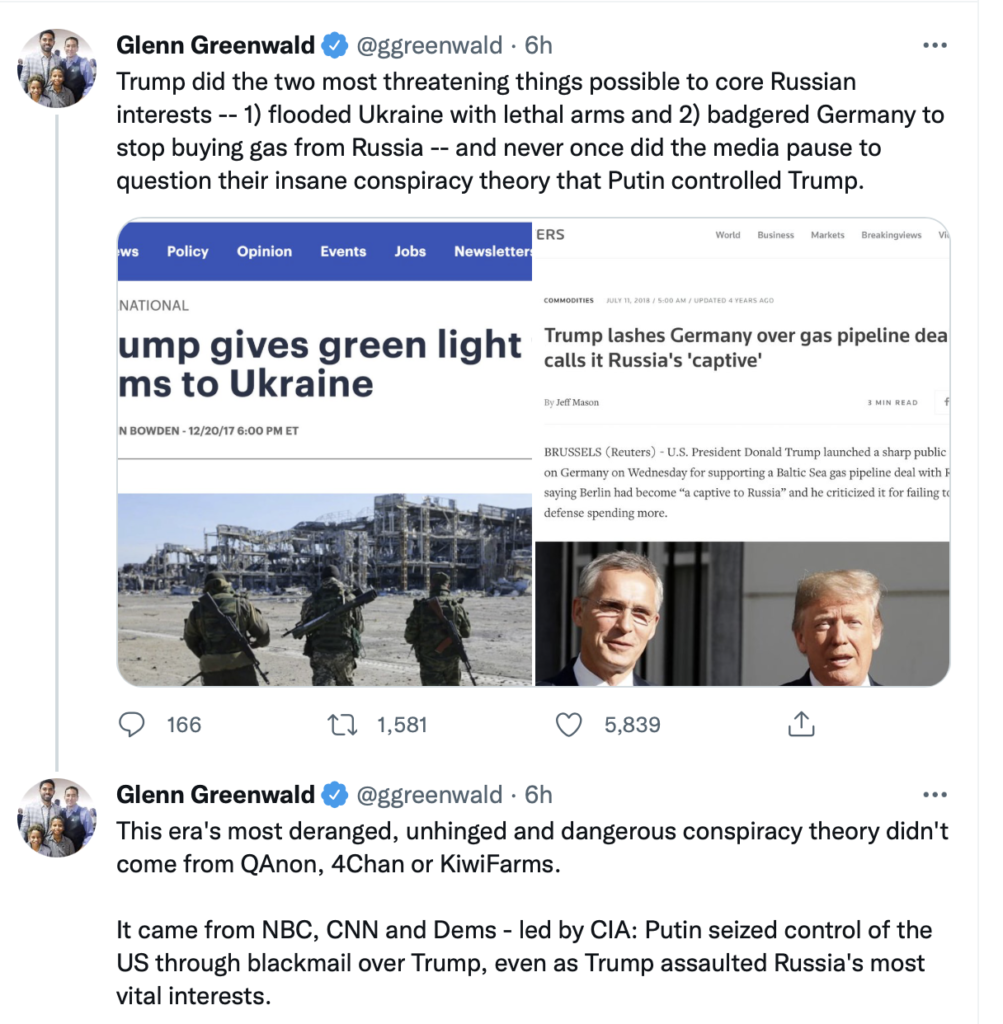Are you trying to interpret polls regarding transgender ideology? At City Journal, Leor Sapir warns us about the terminology and the numbers:
Last April, a Marist poll commissioned by the organization Do No Harm asked 1,377 Americans about their views on the infiltration of “social justice” ideology into medicine. One question asked whether “minors who identify as transgender and want to undergo hormone treatment or gender transition surgery” should be able to do so “without parental consent,” “only with parental consent,” or not until adulthood (regardless of parental consent). Only 10 percent of all adults surveyed said that minors should be able to access these interventions without parental consent. Twenty-five percent said that parental consent should be required, and 60 percent said minors should never be subject to hormonal or surgical interventions in this context (5 percent were unsure). These findings more or less track with those from a recent New York Times/Siena Poll on (among other things) teaching “sexual orientation and gender identity” content in elementary schools, and it is reasonable to assume that the same people who believe it’s unacceptable for teachers to introduce first-graders to, say, the concept of “non-binary” also think that 12-year-old children should not be given puberty blockers for feeling like they were “born in the wrong body.”
It’s useful to compare the Marist poll with yet another recent poll, this one by Pew, which deals with gender-identity issues, as a way to illustrate the importance of how questions are phrased. The Pew poll asked whether it should be “illegal for health care professionals to provide someone younger than 18 with medical care for a gender transition.” Note how this phrasing avoids specifying the procedures (hormones and surgeries), uses terms like “professionals” and “medical care,” and shifts the focus from the procedures themselves to the issue of state involvement in the doctor-patient relationship. Unsurprisingly, public opinion was more evenly divided in the Pew poll, though a plurality still favored restrictions: 46 percent said they support making it illegal for providers to administer medical intervention, 30 percent opposed it, and 22 percent were undecided.
Sapir also warns us about the euphemisms. He lists these in particular:
“Hormone replacement therapy.” A person administered cross-sex hormones (testosterone or estrogen), usually through periodic injections, is not having his or her hormones “replaced;” rather, hormones are introduced to counter the effects of the body’s natural hormone production.
“Gender dysphoria.” For those going through or after puberty, the relevant experience here is usually a strong aversion to one’s body parts (such as breasts) or to the body’s natural processes (for example, menstruation).
“Cisgender.” Activists define this as “identifying with the sex one was assigned at birth,” but what this word really means in practice is the lack of debilitating distress associated with one’s sexed body. To be “cisgender” means to feel comfortable, or comfortable enough, with your body and its natural processes such that you don’t seek to make it appear like that of the other sex.
“Children know their gender identity.” This language obscures the key question of whether even sincere and stable cross-gender feelings—or indeed any feelings—in fact amount to “knowledge.”
“LGBTQIA+.” The sole purpose of this acronym is to enable activists making radical claims about human nature and society to piggyback off the far more broadly accepted claims of gay rights.



